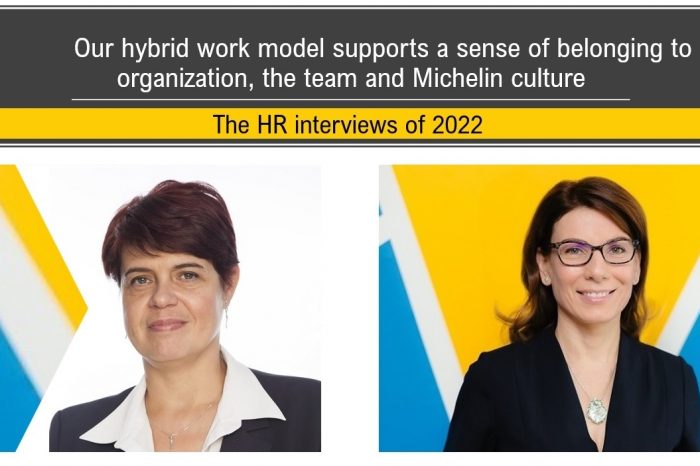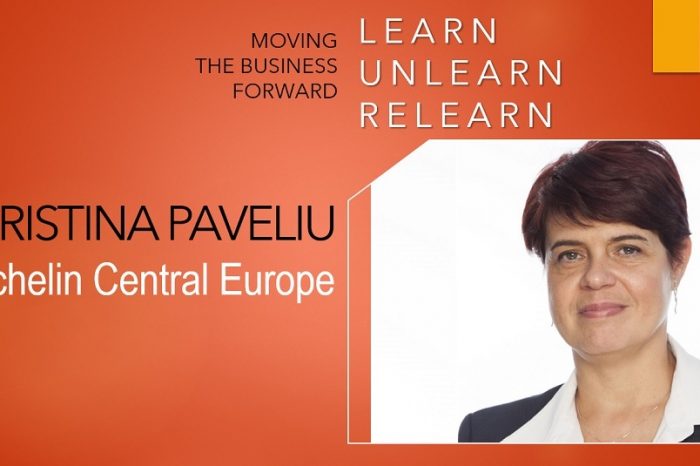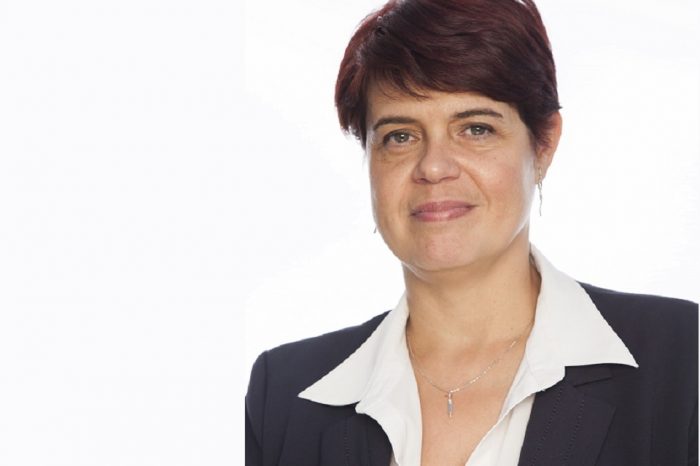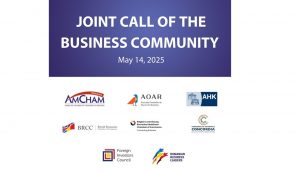Cristina Paveliu, HR Manager Michelin Corporate & Business Services: Companies needed to take action quickly and adapt very fast in the past months
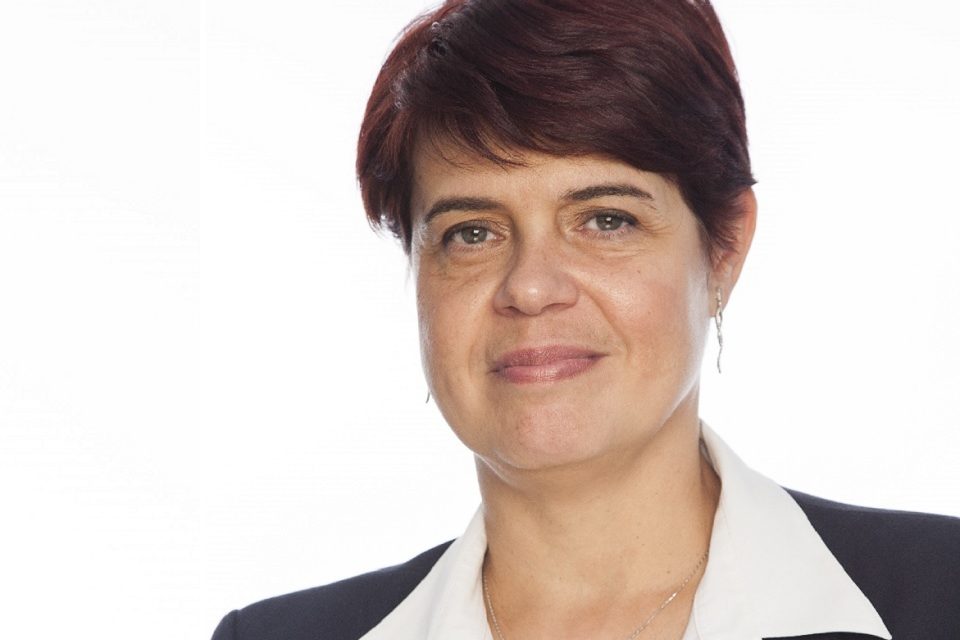
These past months, from the beginning of the pandemic, have been a real-life test for most (if not all) of the organizations: from real presence in the office to full work-from-home arrangements, identifying the appropriate adaptive measures to cope with the activity reduction, re-designing the office space so as to best respond to the new safety requirements (an absolute must, if we want to continue to stay safe), re-thinking the benefits packages so that they don’t become obsolete (for instance, who needs fresh fruits in the office, if the office is empty?), Cristina Paveliu, HR Manager Michelin Corporate & Business Services told Outsourcing Today in a recent interview depicting the updates in the workplace environment.
THIS IS THE TIME TO RESHAPE THE WORKPLACE
Companies needed to take action quickly and adapt very fast. Gradually, the importance of getting back in face-to-face contact, as opposed to exclusively virtual contact, started to come to life, as more and more voices are heard about the potential risks of continued isolation, which could trigger a disconnection from your employer over time. Having the work space arranged so as to best respond to the new requirements became crucial, both from the perspective of efficiency, but also to re-assure the employees that it is perfectly safe to be in the office.
REMODELING THE OFFICES
Last year we had just finished the remodeling of our offices in Bucharest. With the expanding workforce, new teams and activities covered, we had felt the need for a refresh, to offer our colleagues updated conditions: ample working spaces, with lots of flexibility, creative corners, collaboration areas, all with a modern design.
This remodel also went hand-in hand with a bigger, structural change in the way we work: flexible working schedule and work-from-home were already a staple in Michelin, so the new layout of our offices was modeled around the varying afflux of employees in the building. During the lockdown, our teams switched to working from home every day. After this period, we adapted so that we can ensure the safety of all our employees who choose to come to the office: cleaning is performed more often than before, we have marked desks and spaces that should not be used, to ensure proper distancing, we set up entry and exit routes. As access to the office is scheduled in advance, we make sure that, at any given time, there’s only a percentage of our employees on premises, so that we avoid crowds and we can respect all sanitary recommendations. As our activities allow it and we also have the infrastructure in place, our teams will continue to work in this blended, part work-from-home, part work in the office way for the foreseeable future.
KEEPING THE COMMUNICATION OPEN
Many things are missing when you communicate online, as opposed to direct interaction with your audience. The chance of missing non-verbal cues or body language postures is very high. Keeping the teams together in these times, identifying ways to succeed in passing the right message became of critical importance. Luckily, our people are very keen in keeping communication channels open, and they actively participate in all the online communications that were organized throughout the past months and will continue to be organized also in the coming period, with an emphasis on mixed events (virtual and with physical presence). Live events, Teams/Zoom meetings, online birthday celebrations, virtual coffee meetings, virtual challenges related to hobbies – we’ve tried them all, with great success.
FINDING NEW ALTERNATIVES TO STAY CONNECTED
As Michelin employees were already used to working from home, the infrastructure was adapted for this and people were used to having virtual meetings and collaborating online. Work-From-Home was a benefit very appreciated by our colleagues (less time spent commuting, more flexibility). But, even with this way of working, teams still had at least a day per week when everyone would be in the office and all the colleagues had the chance to meet face to face; and what we saw in our analyses was that the day (or days) spent at the office were the ones where socializing activities added a new angle to productivity.
Moving to full work-from-home brought with it an array of challenges. Suddenly, our colleagues needed to find new alternatives to the socialization that happened in the office, to avoid social disconnect: virtual coffees, more meetings (with cameras on), online games, sharing photos of our pets substituted the “watercooler chats” and gave people a glimpse into our personal lives, helping with bonding across the distances.
Our managers needed to become fluent in remote leadership: to offer guidance and security, to provide clarity about the future at a time when “we were building the bicycle and riding it too”. Connecting virtually, offering feedback through a new medium, assessing the team mood, creating “safe spaces” to support creativity and productivity – these are their concerns since March onwards. Of course, these and also keeping an eye on the medium and long-term objectives of their teams.
Work-Life balance is another challenge; most of us went from a structured, compartmentalized schedule to having everything happen at once in the same space (work, house chores, school for our children). On top of the workload, we had to deal with screen fatigue and the uncertainties and questions brought by this unprecedented situation. To help, Michelin shared recommendations and adjusted the wellbeing offer, with new partnerships (from a hotline, to online sports classes, to adapting the way we support healthy diet choices).
TAKING INNOVATION AND PROBLEM SOLVING TO NEXT LEVEL
While the first thing that pops up in a work-from-home environment are the digital competencies, I think there has been an improvement in communication competencies as well. Active listening has become essential in team meetings, because we lost the body language element, and employees have to pay more attention to non-verbal cues.
We’ve noticed an improvement in innovation and problem-solving. In March, we suddenly lost several tools that we took for granted at the office, so our employees had to find creative ways to do their job.
Finally, the way we manage our time has changed. I think employees pay more attention to how much time they spend working on specific tasks and instinctively focus on prioritizing their work schedule.
REMOTE WORK WILL PROBABLY BE ON THE RISE FOR A TIME
Remote work will probably be on the rise for a time, but I think it’s too soon to say farewell to the physical offices. Maybe the individual space will be somewhat larger, and the meeting rooms will be redesigned in terms of physical layout and technologies, to support better remote interaction (enhanced web browsing capabilities, super speedy file transfer and virtual reality software would be sought-after advantages).
On the short term, buildings that have the best in class sanitary conditions (cleaning, ventilation etc.) will be the ones that stand out. In the future, it would be good if this these sanitary conditions came accompanied by other facilities, like secure spaces for socializing and relaxing, and maybe even for the employees’ children (pre-school or options to attend remote schools can become useful).
Aside from the corporate offices, the companies may want to become more flexible regarding their working schedule and benefits programs, to be able to fulfill the new needs of their employees regarding security and protection and safe interactions in this new context we are all facing.
Opinion offered by Cristina Paveliu, HR Manager Michelin Corporate & Business Services, with contributions from: Monica Brebulet & Petrica Bordei, HR Development Partners; Dorin Enache, Competency Manager; Adina Florescu, Employer Branding &Onboarding Manager



